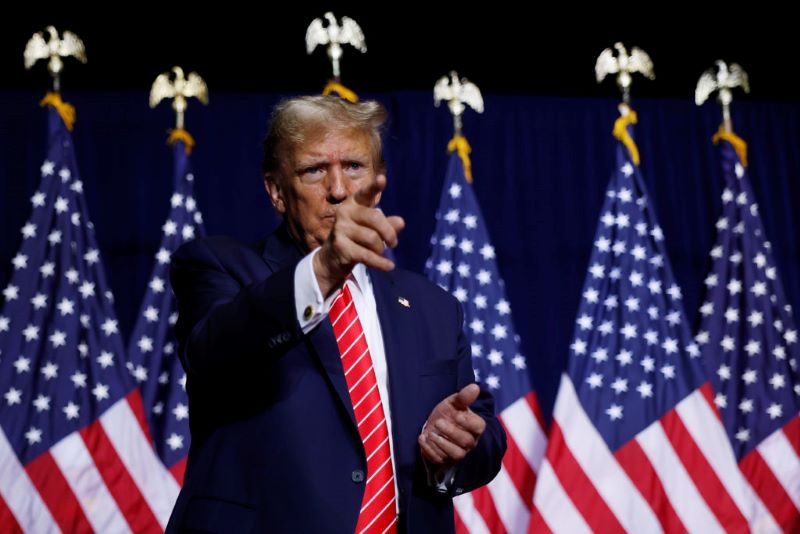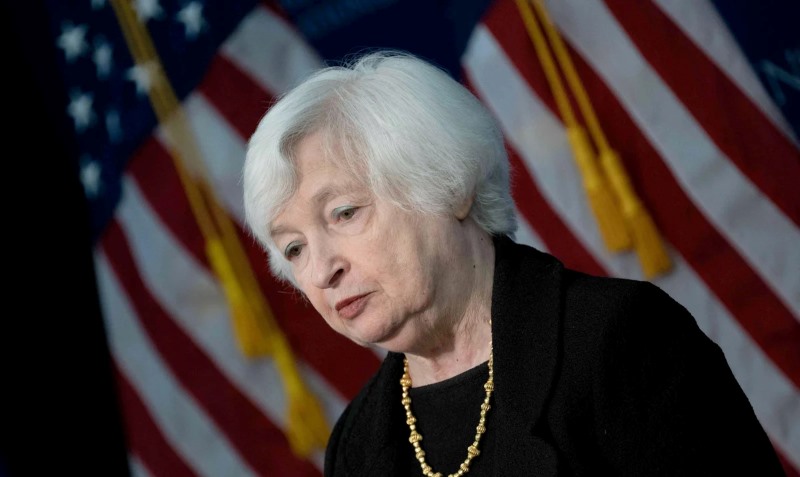Economy
Inflation Control Efforts Stall as CPI Rises 2.7% in November
Progress on controlling inflation hit a standstill in November, with the consumer price index (CPI) rises 2.7%. Prices for consumer goods, excluding food and energy, saw their fastest increase in 18 months, largely driven by a surge in vehicle prices. This was partly due to consumers replacing vehicles damaged by recent hurricanes.
Reversal of Price Trends
For almost a year leading up to August, many goods saw either falling prices or stability. However, this trend seems to have reversed, presenting a challenge for President-elect Donald Trump, who has promised to combat inflation. Economists are concerned that inflation in goods could worsen if Trump’s proposed tariffs are implemented.
Federal Reserve’s Dilemma
The CPI data raises questions for the Federal Reserve about the pace of interest rate cuts in the coming year. While the Fed is expected to lower rates by a quarter-point at next week’s meeting, persistent inflation could cause officials to slow or halt future reductions.
Optimism Amid Stock Market Growth
U.S. stocks rose on Wednesday, with the Nasdaq Composite climbing over 1% and reaching the 20,000 mark for the first time. Investors expressed growing optimism about the economic recovery, bolstered by improving market sentiment and positive corporate earnings reports. Despite ongoing concerns about inflation, strong performance in technology and growth sectors fueled the upward momentum. Analysts believe the market’s resilience highlights confidence in sustained recovery amid global economic challenges.
Core Prices Reflect Continued Inflation
Core prices, which exclude food and energy, rose 0.3% month-over-month in November, marking the fourth consecutive month of significant increases. This kept year-over-year core inflation at 3.3%, aligning with economists’ expectations.
Housing Costs Show Signs of Improvement
There is some optimism regarding the housing sector, as housing-cost increases slowed slightly compared to the previous month. This is seen as a positive development, offering hope that inflation in the services sector, particularly housing, could stabilize.
Economic Experts Voice Caution
Diane Swonk, chief economist at KPMG, warned that consumers may be purchasing big-ticket items like cars in anticipation of potential tariff-induced price hikes. Meanwhile, economists are cautious about persistent inflation in the services sector, including rising medical care costs.

Trump’s Second Term A Collision Course with the Supreme Court
Trump’s second-term agenda includes controversial proposals such as mass deportations, dismantling birthright citizenship, imposing heavy tariffs…
Challenges in Tackling Inflation
Sarah House, senior economist at Wells Fargo, emphasized that it’s becoming increasingly difficult to tame inflation, with “low-hanging fruit” already picked. The focus now must be on weakening the demand side of the economy to make further strides.
Consumer Confidence Improves
Despite inflationary pressures, consumer optimism has increased following the U.S. presidential election. Surveys from the University of Michigan and the Conference Board indicate growing consumer confidence, while small-business optimism reached its highest level since June 2021.
Impact of Inflation on Household Spending
Kroger CEO Rodney McMullen noted that mainstream households are returning to pre-pandemic shopping habits. However, budget-conscious households remain under pressure due to prolonged inflation and higher interest rates.
Inflation control efforts stalled in November as the CPI rises 2.7%, driven by surging vehicle prices post-hurricane, according to wsj subscription.


